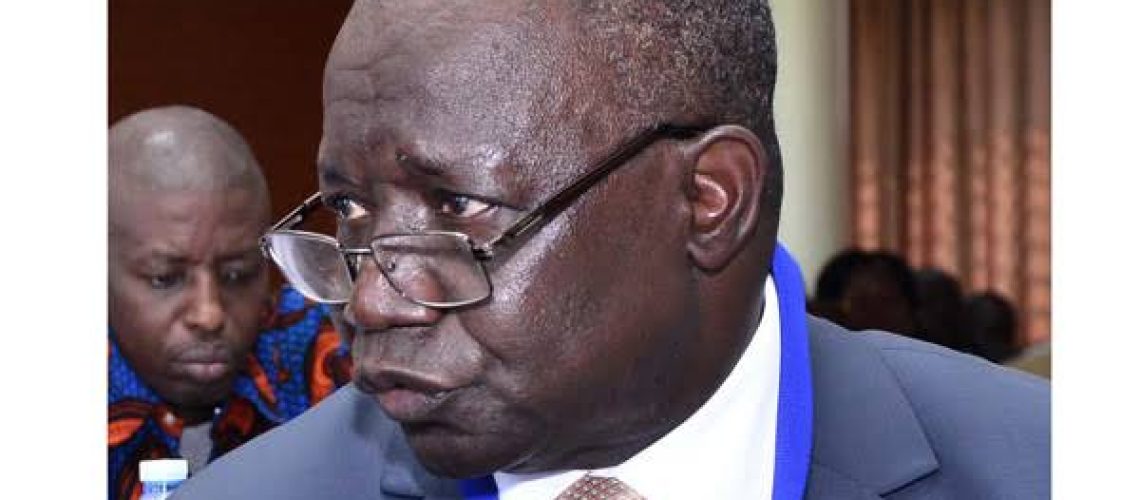The Uganda National Examinations Board is taking a bold step to register multiple years for the next national examinations, this is according to Uganda Radio Network.
However, it is not blanket registration for everyone on account of their having added two years to their biological age; the teachers will first determine who of those that were in P5 and S2 in March 2020 have attained the academic fitness to sit the exams and clear them for registration.
When schools closed in March 2020, the academic year clock stopped moving. But this does not mean all learning stopped although officially learners have not been promoted.
Many took advantage of the learning materials provided by the government; parents also hired teachers to privately teach the children while some schools continued teaching via internet-based collaborative tools.
The development comes as a big relief for those parents who invested in continued learning for their children. Annet Nabulime, resident of Kasana in Masaka City and parent of three is one of the parents who never allowed her children to be stuck with the academic year clock.
When the schools closed, Nabulime who had learners in P.5, P.7, and S.2 ensured that her learner continue learning by hiring teachers who conducted home lessons and also ensured that they attended zoom classes arranged by the school.
The learner who was in primary seven sat the examination in March this year and waits to start secondary. However, the parent has been wondering whether her P5 AND S2 will be allowed to join candidate classes when schools reopen next year.
“If not for COVID-19, the two learners would be in primary seven and senior four respectively by the year 2022,” Nabulime says. “However, after spending hundreds of thousands of shillings if not millions, we were not sure whether these learners will be promoted to candidates or not. We have just been guessing what will happen, wondering, will they register my children in candidate classes at reopening or not? I have always wondered.”
After consulting several teachers, Nabulime was told that the P.5 learner can ably enroll in primary seven and register for primary leaving examinations-PLE. However, there was no much assurance for her child in S.2, until UNEB’s bold decision.
Jennifer Kasule-Mulumba, the UNEB spokesperson says that during normal circumstances for a learner to be registered for Uganda certificate of education- UCE must have covered a minimum of four academic years at O’Level before sitting the examination for the first time.
“The four years were designed by the curriculum developers as a period for a learner to cover the O’Level curriculum,” Kasule- Mulumba explained earlier. “This is tracked from the last PLE sitting. You cannot in any way skip a class and sit for UCE before the required minimum years. However, at primary this happens because the student would be entering UNEB’s system for the first time.”
While technically her explanation is sound, what the top UNEB leadership has decided is not in contradiction either, for the earners have indeed undergone four years of learning, though part of it not in the physical school environment.
Now Dan N Odongo, the Executive Director of UNEB, has finally delivered the good news for parents like Nabulime.
Odongo says the examination body has also been pondering about how they can handle the matter.
He says it was not easy for the board to come up with a solution given the fact that academic years have not moved yet some learners have been covering content and seem to be ready for a national assessment. During ourinterview, Odongo also gave an example of his granddaughter who was in senior two at the time of closure but has kept learning throughout the lockdown.
Meanwhile, as the ministry of education plans to introduce an abridged curriculum when schools reopen, Odongo says UNEB is currently looking at a possibility of reviewing their assessment standards, content, and other aspects to fit the new curriculum if at all it is introduced.
During the last cycle, UNEB declined to change the standards in setting and marking of national examinations despite the plea from different educationists who wanted the body to lower some of the aspects because learners had spent an unprecedented period of time out of school.
UNEB was later exonerated when learners posted the best result ever, with a similar phenomenon happening in different countries across Africa.

